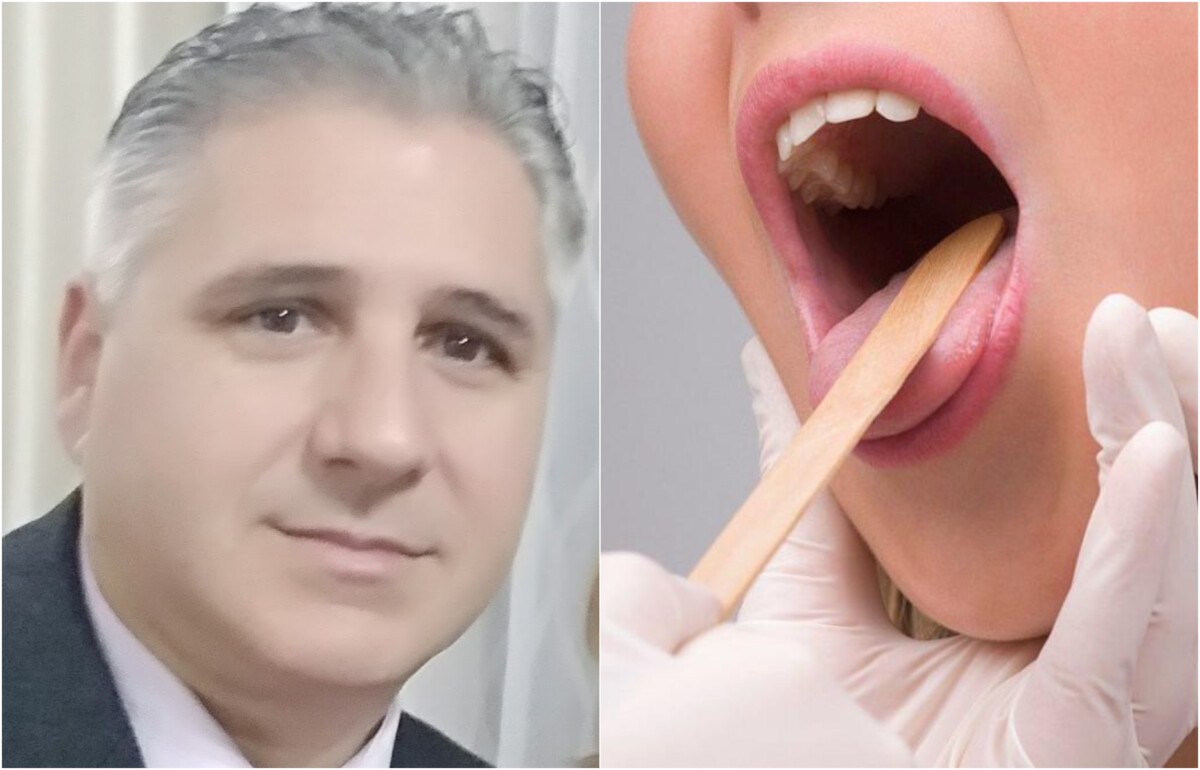Dentist Ilija Karamanov: What can language reveal about our health?

The tongue is a muscular-mucosal organ, which together with the teeth is located in the oral cavity. It plays an important role in chewing and swallowing food. Then, in the development of speech, but also in the senses of taste and the transmission of impressions in the central nervous system.
What is the role of language and what are the most common changes of this important organ, reveals dentist Ilija Karamanov.
- The tongue is one of the most flexible organs in the human body. It knows how to change its volume depending on the space in the oral cavity, which is determined by the teeth. When losing one or more teeth, the tongue tends to fill that empty space and in those places it hypertrophies, ie it grows very slowly and almost imperceptibly to the naked eye. However, after a while the changes become visible. The enlargement of a part of the tongue is most pronounced when the patient receives a prosthetic device, which aims to compensate for the lost teeth. Such construction narrows the space of the hypertrophied tongue and the feeling is especially uncomfortable in the first few days. Fortunately, the flexibility of the language plays a positive role, and the language is also now gradually beginning to adapt to the new conditions, ie to decrease - says Dr. Karamanov.
On the mucous membrane of the upper side of the tongue are numerous papillae that are divided into five groups. Smokers can experience various changes in the oral cavity, as well as on the tongue. The mucosa in the oral cavity, especially under the tongue, has a high resorption capacity.
- There are five types of taste papillae on the tongue, which play a role in the perception of food taste. The arrangement of these papillae is different, as is their shape and function. The most numerous are the conical taste papillae, which are located on the upper side of the tongue. They are also the most susceptible to change. In certain conditions they can increase their length from normal 1-2 mm to extreme 10-12 mm. This is most often the case in smokers, after excessive smoking for several consecutive days. When all this is added to the nicotine staining, usually dark gray to almost black, the patient usually panics from this condition. The sense of taste is significantly reduced, and the feeling of a foreign body in the mouth is constantly present. By reducing the number of cigarettes, as well as by gentle and gentle curettage (ie rubbing the tongue) with special spoons for tongue care, the condition significantly improves in a few days - he explains Dr. Karamanov.
What is the health condition behind the language changes?
- Sometimes on the surface of the tongue appear regions that are clearly lined and with a shiny and red surface. Such changes are a sign of avitaminosis and can sometimes be a symptom of a blood disorder. As a congenital anomaly that occurs quite often is the so-called. "Lingua plicata". These are deep furrows on the entire surface of the tongue. Such a language requires a little more attention when maintaining the hygiene of the language - he points out Dr. Karamanov.
The sharp edges of broken and unhealed teeth can, as a chronic irritating factor, sometimes cause tumors that can be benign, but also malignant. Therefore, it is appealed that the tooth should always be tidy and repaired.
Ask your dentist to check your tongue from time to time.


